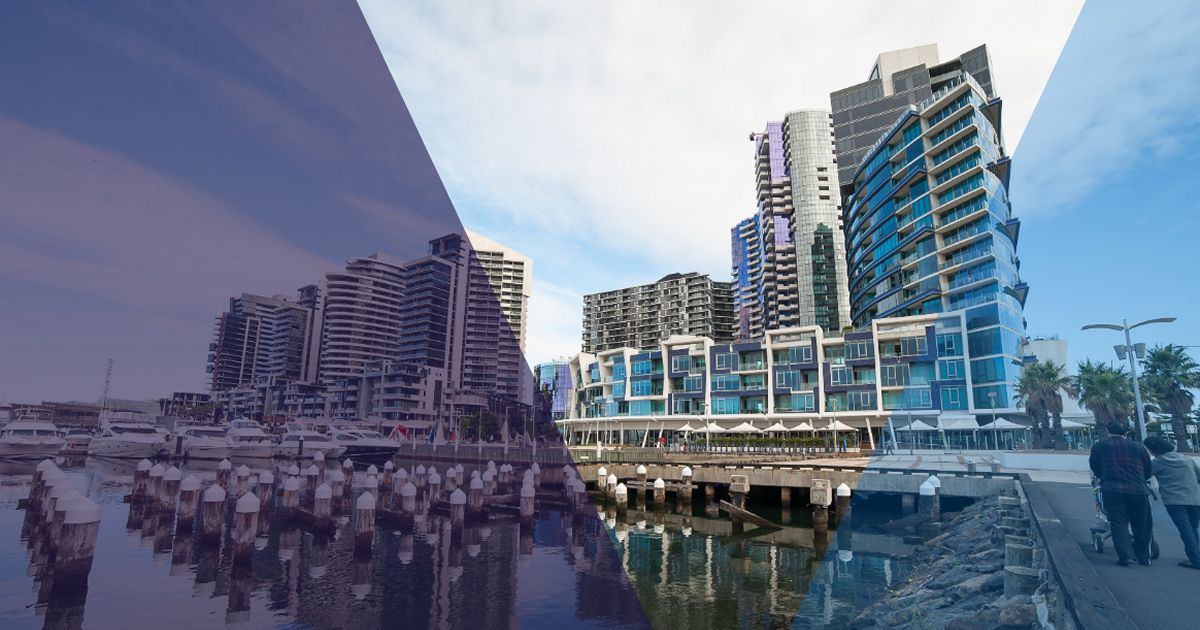Many Victorians moving into new apartments will soon have a greater choice of electricity providers – or green, affordable power.
From the beginning of this year, new embedded networks – private electricity networks servicing multiple end-consumer premises – have been banned, with some exceptions.
Why Are Embedded Networks A Big Deal?
It’s not just apartment buildings that may have embedded networks. They can also be found in social housing, retirement villages and caravan parks. The nature of some embedded networks means consumer protections and rights can be different if an operator is considered an “exempt seller” and therefore does not need to be authorised by the Australian Energy Regulator as an energy retailer.
Customers of embedded networks may have no other choice except to buy electricity from the network operator. And with more than 140,000 Victorians living with residential embedded networks, it’s an arrangement and issue that affects a lot of people.
The Andrews Government has been working on banning new embedded networks for some time – it was part of an election commitment back in 2018. The path to this point included a review by a panel of energy market and consumer advocacy experts. Their final report with recommendations was released in January 2022.
Renewable Energy Embedded Networks Exempt
As mentioned, there are some exemptions to the ban – and one of those involves renewables.
In the Panel’s original recommendations, it suggested 50 per cent or more of a site’s electricity consumption must be met by on‑site low-cost renewable energy from solar power, energy storage and other systems for it to be exempt. Or where that wasn’t possible, with market purchases such as GreenPower or Power Purchase Agreements (PPAs).
The Andrews Government has re-jiggered this. Embedded networks powered by 100 per cent renewable energy – with benefits passed on to residents – are exempt. But at least 5 per cent of that electricity must be generated on-site; which would usually mean solar power.
“This condition provides the flexibility stakeholders called for in allowing on- and off-site renewable generation, while helping to ensure new embedded networks are contributing towards the government’s renewable energy policy objectives,” stated part of the Andrews Government response.
More Reforms To Come
The next step for the Andrews Government involves creating more choice and protections for residents in all types of new and existing embedded networks, and licensing arrangements for providers. Further consultation will occur before the second phase kicks in through 2023 and 2024.
“For too long Victorians living in apartments, retirement villages, social housing, and caravan parks have been trapped with mandatory, uncompetitive network providers, and we’re changing all of that,” said Victorian Minister for Energy and Resources Lily D’Ambrosio.
More information on the Embedded Networks Review can be found here.
As well as residents, the embedded networks ban could be a very positive thing for Melbourne’s Allume Energy. The company has some very clever tech called SolShare designed and manufactured here in Australia enabling distribution of energy from one large solar power system to multiple users in a building. Intended for use with separate grid metering, residents can choose their electricity retailer.


 RSS - Posts
RSS - Posts



What are the benefits to residents from purchasing renewable energy? Wouldn’t it be the same as purchasing non renewable energy, or even more costly?
The revised rules seem to completely miss the point of providing an exemption for renewable energy, which is lower electricity costs from generating it onsite.